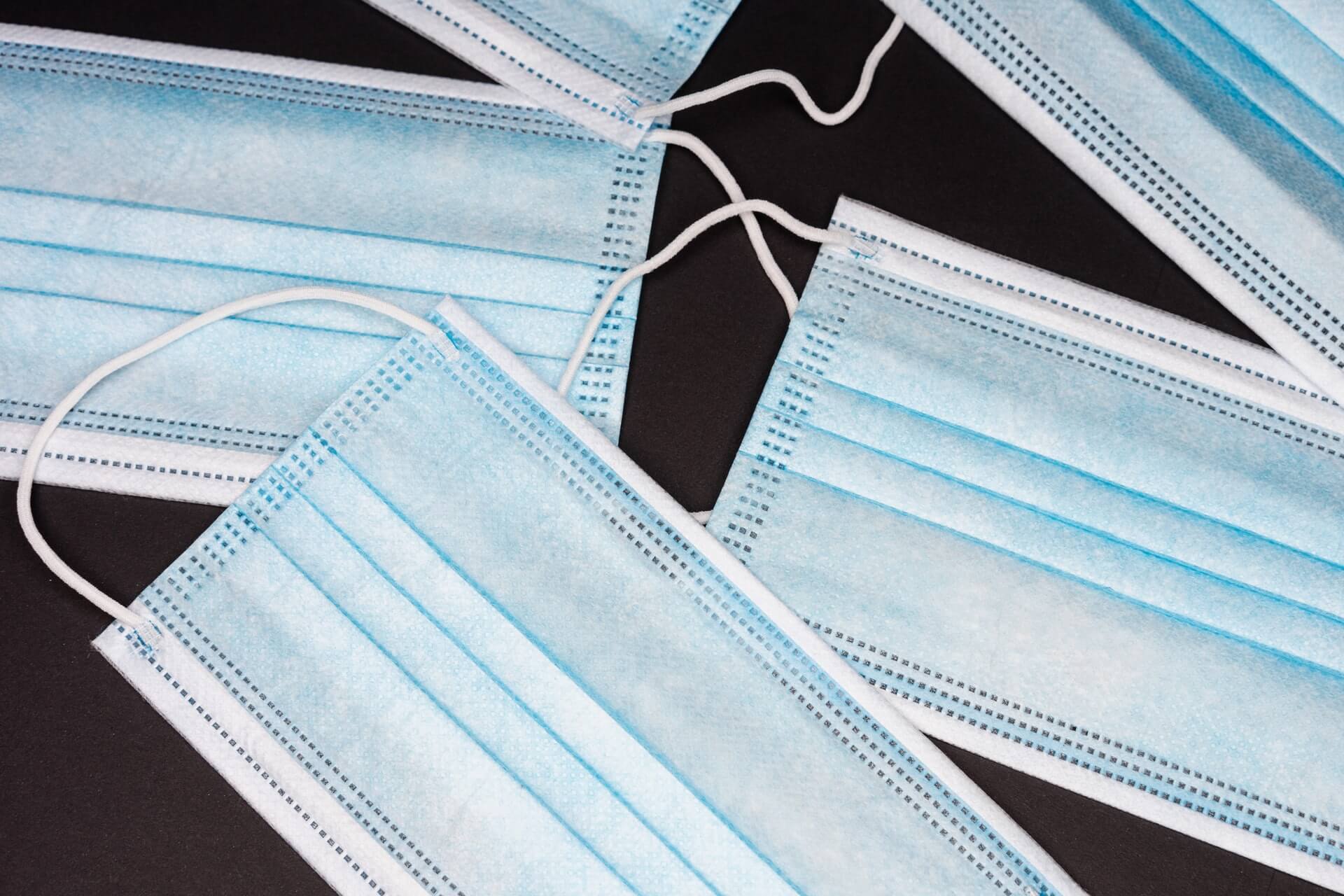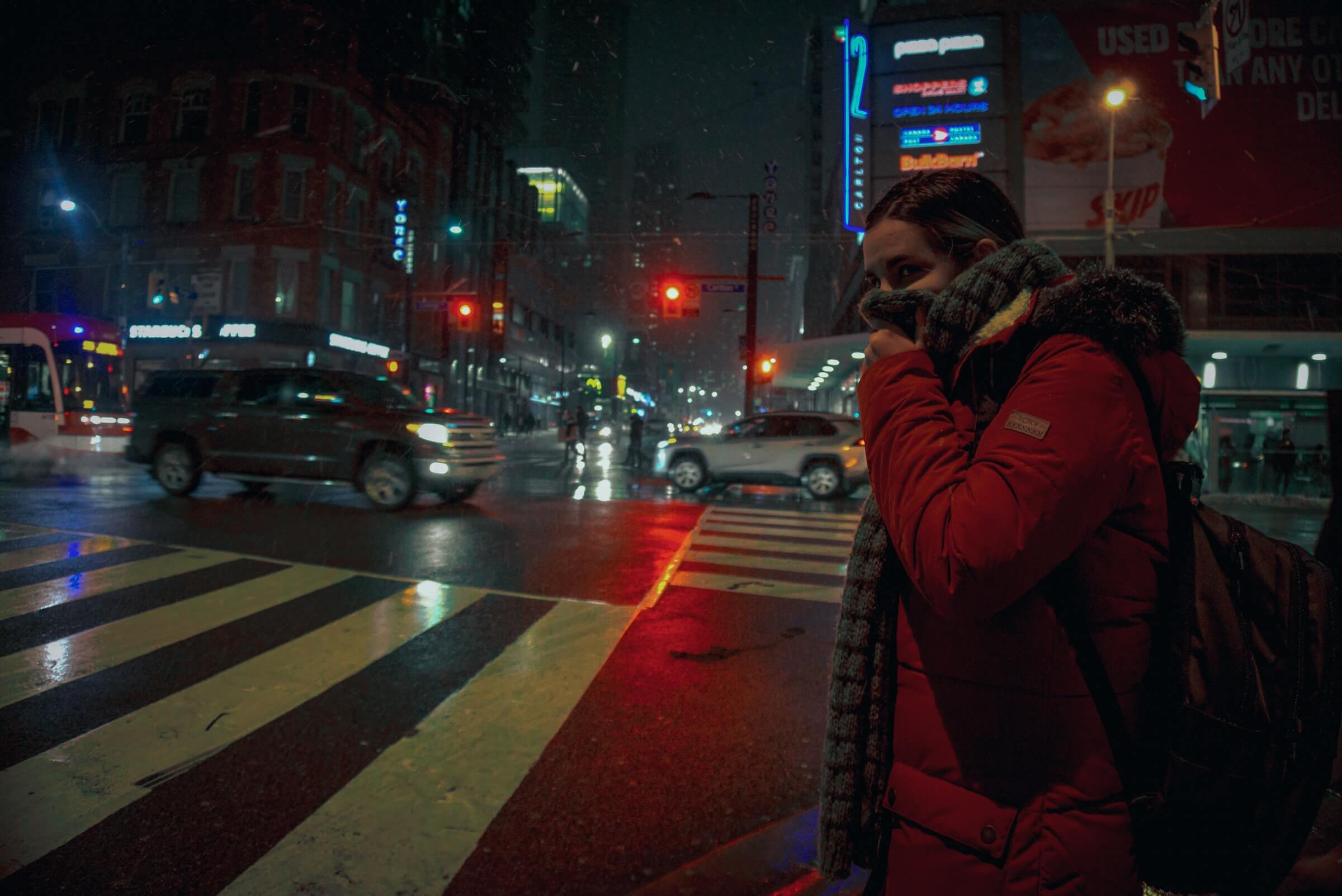Current Restaurant Restrictions: Canada
by David Klemt

KRG Hospitality’s headquarters is in Toronto but we operate in three major Canadian markets: Alberta, British Columbia, and Ontario.
I was visiting the Toronto office, traveling from Las Vegas, when new restrictions were announced due to Omicron.
By the time I landed, I knew each province in which we operate would be at least discussing possible restrictions.
Alberta
The following restrictions apply to restaurants, bars, nightclubs, cafes, and pubs participating in the Restrictions Exemption Program (REP):
- No more than ten people may be sat at one table.
- Alcohol service must terminate by 11:00 PM.
- These businesses must close by 12:30 AM.
- Billiards, dancing, darts, and other “interactive” activities are prohibited.
As a refresher, the REP program requires operators to require patrons age 12 and above to:
- provide proof of vaccination, negative results from a test taken within 72 hours of service, or medical exemption; and
- comply with mandatory masking.
Alternatively, operators can comply with all restrictions as outlined in Alberta’s public health orders.
However, businesses not participating in REP face the restrictions below:
- Indoor dining is prohibited.
- Outdoor dining is permitted. No more than six people may sit at the same table.
- Groups are restricted to one household or two close contacts (for those living alone).
- Alcohol service must terminate by 10:oo PM. Consumption must conclude by 11:00 PM.
British Columbia
At the time of publication, restaurants, cafes, and pubs can still offer both indoor and outdoor dining.
However, there are restrictions in British Columbia:
- No more than six people may be sat at one table.
- When not seated, guests must wear face masks.
- Guests may not move to between tables, visit other tables, or dance.
- Indoor gatherings are limited to 10 people (down from 25).
- Outdoor gatherings are limited to 25 people (down from 100).
- Operators must maintain physical distancing or barriers between tables.
- Alcohol can be served during normal service hours.
Unfortunately, bars, nightclubs, and lounges aren’t facing restrictions, they’ve been forced to close.
These restrictions and closures will remain in place until January 18, 2022. Exceptions include bullet points 2 and 3, which are expected to remain until January 31, 2022.
Ontario
As of December 19, 2021, restrictions that impact restaurants, bars, strip clubs, and other food or beverage venues went into effect:
- Capacity reduced to 50 percent.
- No more than 10 people may sit at one table.
- Guests must remain seated. Only performers or workers may dance.
- Venues must close for indoor and outdoor dining and drinking by 11:00 PM. However, businesses may offer delivery and takeout past that time.
- On-premise alcohol sales are prohibited after 10:00 PM. Consumption of alcohol on-premises is restricted after 11:00 PM.
It’s crucial that operators and leadership teams remain up to date on their province’s (and city’s) restrictions. At the start, 2022 will be challenging but opportunities for recovery will present themselves
Image: Markus Winkler on Unsplash

